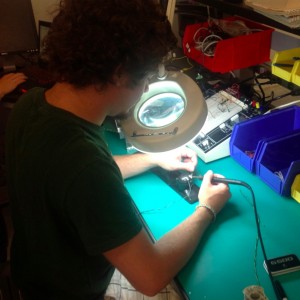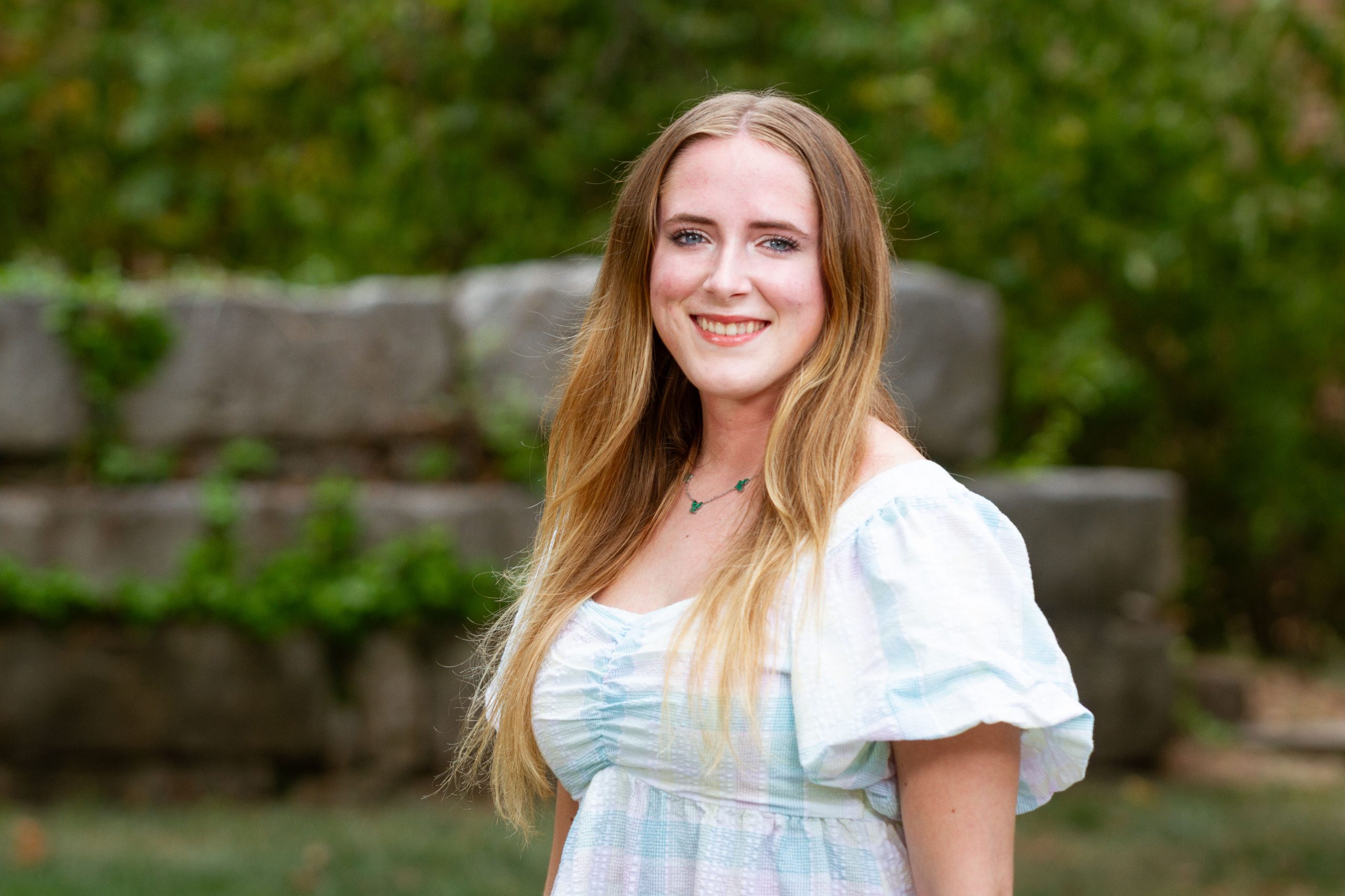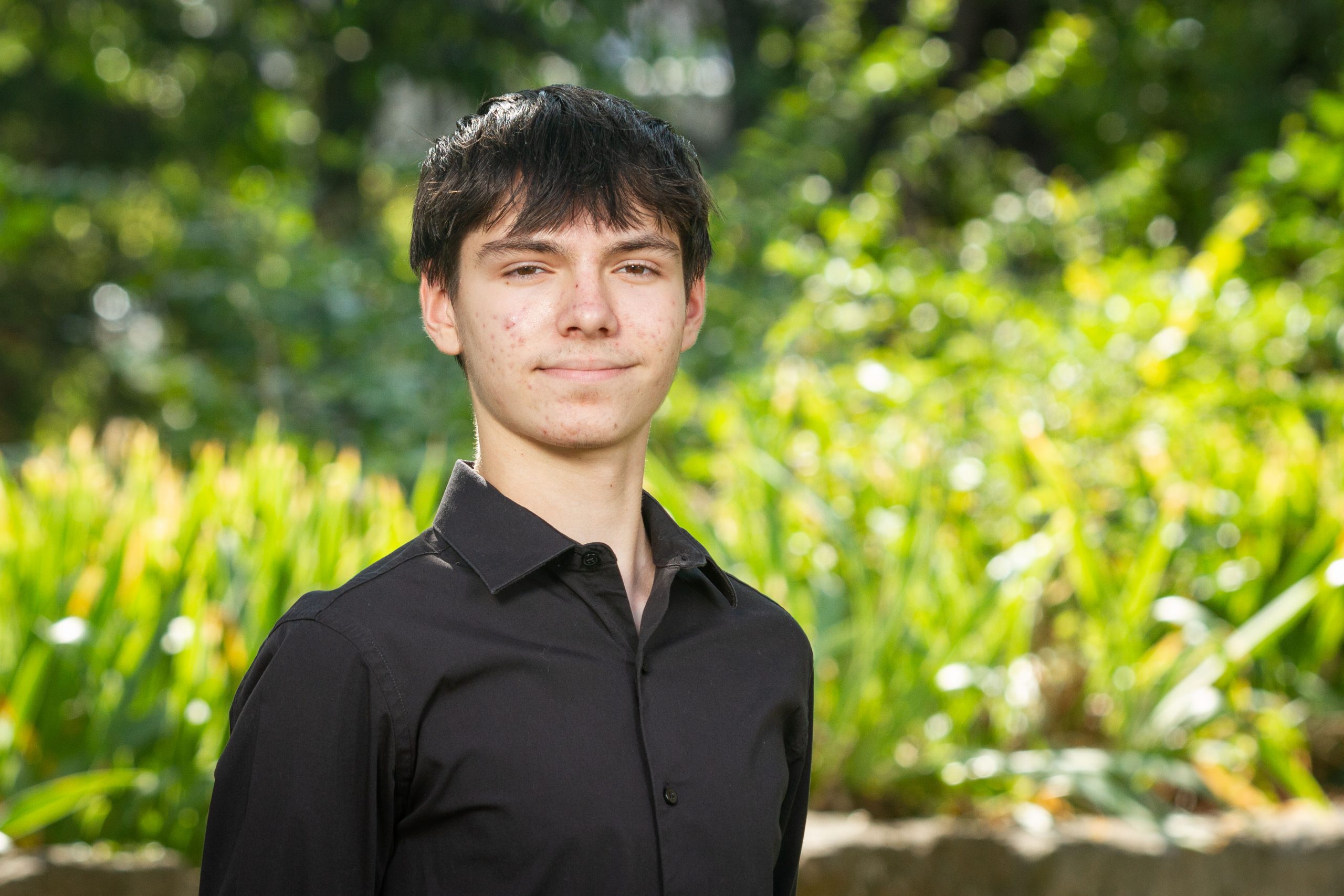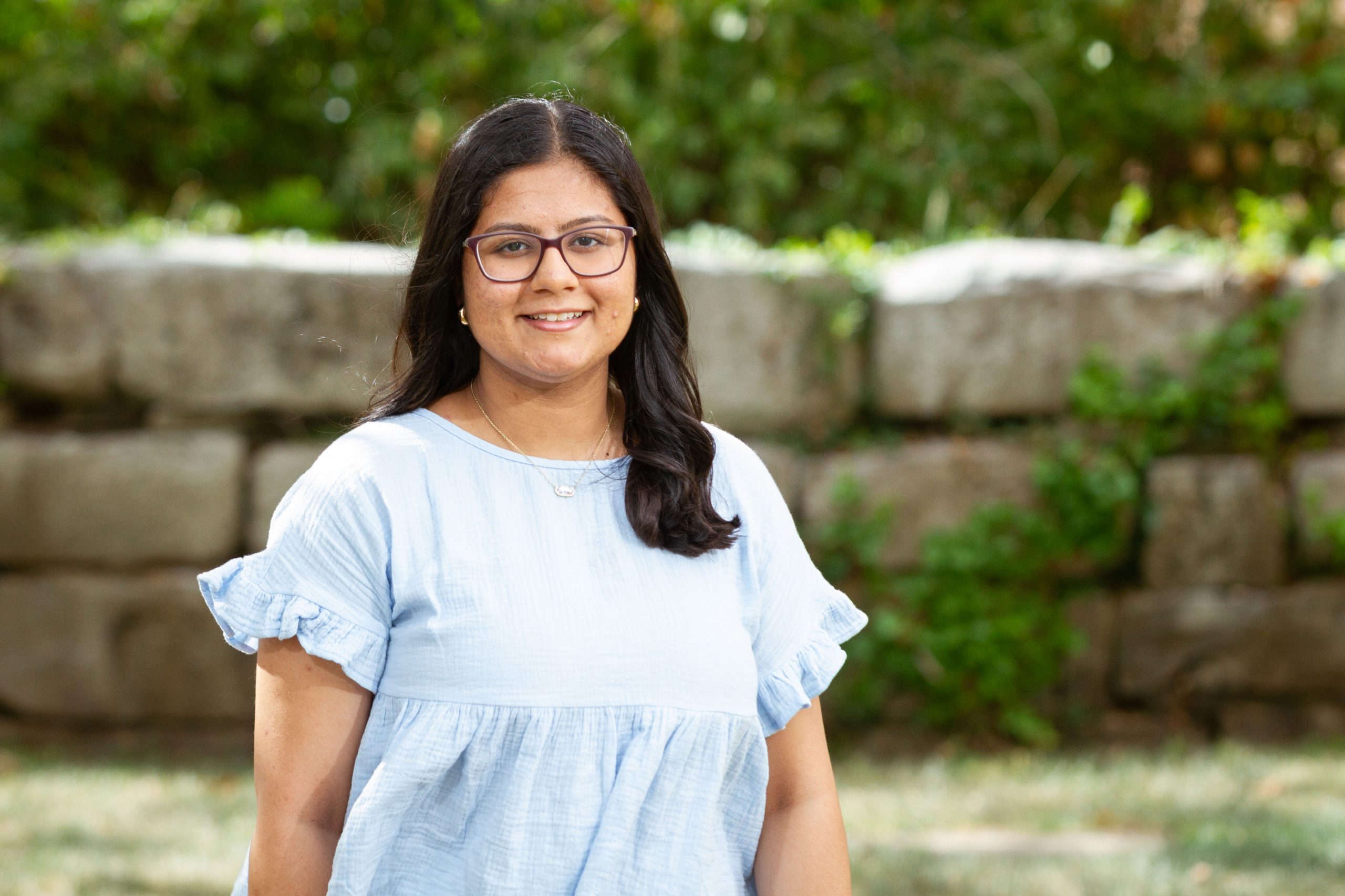Summer 5Q: William Roach-Barrette spends summer writing code for pocket-sized satellite
July 16, 2012 | 5Q, Research, Summer, Uncategorized | No Comments
 Since 2010, the Gatton Academy has offered students the ability to pursue summer research experiences through the Gatton Research Internships Grants (RIG) program. Made possible through the generous support of Mr. Carol Martin “Bill” Gatton, the program offers competitive grants to Gatton Academy students between their junior and senior years to support summertime research internships across the Commonwealth and the world. By providing a funding mechanism, the program directly creates new avenues for growth and exploration. This summer, we’re sharing first-hand student experiences in a series we call Summer 5Q.
Since 2010, the Gatton Academy has offered students the ability to pursue summer research experiences through the Gatton Research Internships Grants (RIG) program. Made possible through the generous support of Mr. Carol Martin “Bill” Gatton, the program offers competitive grants to Gatton Academy students between their junior and senior years to support summertime research internships across the Commonwealth and the world. By providing a funding mechanism, the program directly creates new avenues for growth and exploration. This summer, we’re sharing first-hand student experiences in a series we call Summer 5Q.
This summer, William Roach-Barrette of Frenchburg is working in the Morehead State University Space Science Center designing code for a nanosatelltite. The project he is working on is called MicroLogo Project: An electronic design and software environment to control tiny satellites and their science packages.
1. What is the part of the summer experience you are enjoying most?
I love working in an aerospace lab with other students that share my interests. By working in these labs I not only have access to professionals who share my interests, but to the tools I need to preform my required research.
2. How is this different from the way you think most high school students spend their summers?
A majority of my friends spend their summers working at day jobs or watching television, not building and coding satellites. This scholarship has provided me an opportunity to work in my scientific field of interest, something I don’t think other students get the opportunity to do.
3. Will you be using this research experience as a launching point for any particular applications, competitions, or scholarships?
The end goal of my research is to develop a computer language that is usable by high school, or younger, students as a learning tool designed to teach the basics of satellite programing. If successful I would like to use it to apply for such competitions as the Siemens Competition and the Intel International Science and Engineering Fair.
4. How does this research experience or internship fit into your educational and professional goals?
I love being able to incorporate my love for space science with my love for computer science, and this internship does just that. I first have to design a working part for a satellite, and then write code that takes advantage of that particular part. This helps incorporate both my interests into one.
5. What are you looking forward to the most about your second year at the Academy?
I can’t wait to get back to the Academy to start my second year. Not only do I get to pursue new sciences, such as chemistry and physics, I also will start taking more advanced courses in areas like computer science and logic.


